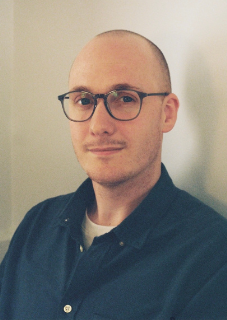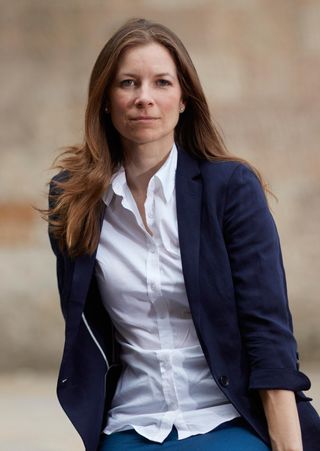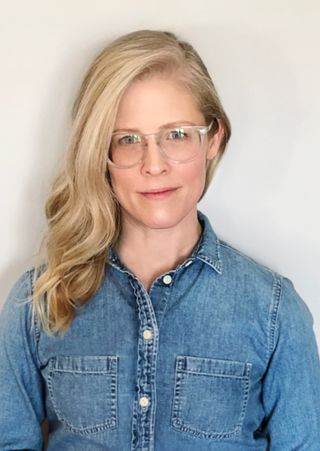Ahead of our webinar on Vaccines, democracy and truth: Disinformation and digital disruption after the 2020 election, we've compiled some publications by the experts who will be participating in the event, as well as others USSC experts who have contributed to the discourse of disinformation, conspiracy theories and digital disruption.
Brandy Zadrozny
NBC NEWS | AWARD-WINNING INVESTIGATIVE REPORTER
- Covid-19 vaccines face a varied and powerful misinformation movement online
New research shows the bigger threat to public trust in a Covid-19 vaccine comes from smaller, better-connected Facebook groups.
Read the full article.

- Misinformation by a thousand cuts: Varied rigged election claims circulate
A dizzying array of false claims and conspiracy theories have dominated social and ultraconservative media since the early morning after Election Day.
Read the full article. - QAnon groups have millions of members on Facebook, documents show
The preliminary results of an investigation by Facebook shed new light on the scope of activity and content from the QAnon community on the platform.
Read the full article.
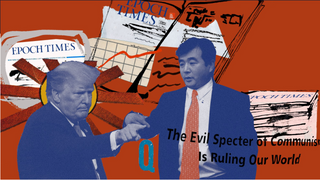
- Trump, QAnon and an impending judgment day: Behind the Facebook-fueled rise of The Epoch Times
Started almost two decades ago with a stated mission to “provide information to Chinese communities to help immigrants assimilate into American society,” The Epoch Times now wields one of the biggest social media followings of any news outlet.
Read the full article. - YouTube bans QAnon, other conspiracy content that targets individuals
YouTube said it would be enforcing the updated policy immediately and plans to “ramp up in the weeks to come.”
Read the full article.
Dr Jennifer Hunt
United States Studies Centre | Non-Resident Fellow
ANU Crawford School of Public Policy | Lecturer in national security
- Fact or fiction? The US election and the psychology of misinformation
Why do people believe the falsehoods they read online, and what impact is this having on politics and policy? The Internet and social media have revolutionised the way people access and share information. But unfortunately, not all information was created equal, and information revolution has also led to an explosion of rumours, half-truths and even straight-out lies that can spread at lightning speed, shared unknowingly (and sometimes knowingly) by users all around the world. In the leadup to the United States election, Dr Jennifer Hunt joined Policy Forum Pod to discuss misinformation and disinformation in the "land of the free". Listen to the full episode.
- The COVID-19 Pandemic vs Post-Truth
Conspiracy theories constitute a growing challenge to tackling COVID-19. Conspiratorial assertions challenging the severity of the virus, the need for mitigation efforts, and the motives of state and public health communities have moved from the dark corners of the Internet to Facebook page pages and even elected officials. These narratives undermine public health messages and measures. By eroding trust in institutions and creating confusion over facts, conspiracy theories styme collective action and cooperation. Download and read the full report. - Global Health Security Network Webinar: Pandemic V. Post Truth?
Following her report on the COVID-19 and '"post-truth", Dr Jennifer Hunt participated in a GHSN webinar with USSC colleague Associate Professor
Adam Kamradt-Scott to discuss tackling viral misinformation in a global pandemic.
Watch the full webinar discussion.
- Disinformation nation and the US election aftermath
In an event hosted by The Australian National University College of Asia and the Pacific, Dr Jennifer Hunt joined Dr Jason Ketter to discuss the post-presidential election volatility in the United States in the leadup to Inauguration Day, highlighting what allies like Australia need to know from a security perspective. Watch the full webinar discussion. - Disinformation and the COVID-19 pandemic
As part of the Australian Army Research Centre's seminar series, Dr Jennifer Hunt appeared as a speaker to present on the issue of disinformation in the COVID-19 pandemic. Watch the full lecture.
Elliott Brennan
United States Studies Centre | Research Associate
- Coronavirus and protest: How COVID-19 has changed the face of American activism
Protests in the United States against COVID-19 social distancing and lockdowns have captured the world’s attention. Research conducted by Mr Brennan revealed the political and strategic underpinnings of the LIBERATE protests, concentrated in states won by Trump in 2016 but with Democratic governors, were likely critical for Trump’s November re-election. Though small numbers of right-wing activists had been quick to take to the streets in protest, different factors on the left kept voters on the other side of the spectrum at home. Read or download the full report.
Coronavirus anti-lockdown movement surges in the US after Donald Trump's 'Liberate' tweet
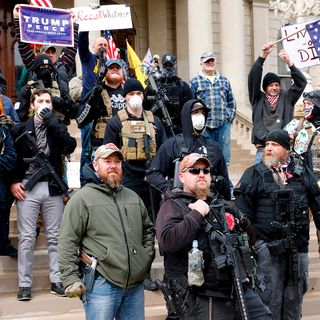
- Right-wing terrorists will not stand back — and Australia should not stand by
The outbreak of the coronavirus pandemic coupled with deep political polarisation in the United States has seen the mobilisation of far-right militia groups, anti-government extremists and conspiracy theorists. In an article for the Sydney Morning Herald, Research Associate Elliott Brennan said Australia should not "stand by" and remain complacent in the face of rising right-wing terrorism, warning the country it is not immune to the threat. Read the full article. - Conspiracy theories - Red Book / Blue Book: An Australian Guide to the next US administration
Given the environment of contested truth that engulfed this election, the forces of conspiracy theories and militarised disinformation will be strengthened in 2021, under any scenario. Read the full analysis.
Will the sun set on the truth in this US election?
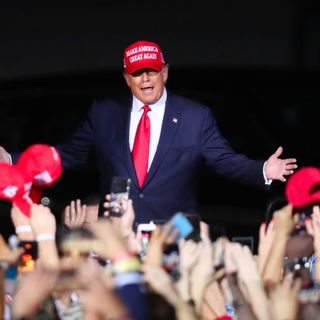
- Australia's conspiracy theorists are increasingly energised, but police crackdowns may be counterproductive
On Saturday, 5 September, protests erupted in Australia - the so-called "Freedom Day" rallies saw dozens of demonstrators arrested and dozens more fined with breaching Covid-19 restrictions, all in the name of "real" Aussies taking back control of the streets, their airways and collective destiny. Despite the fizzle, the day represents concerning evidence of a growing and increasingly energised community of conspiracy theorists in Australia, with the malleable conspiracy theory QAnon a discernable presence among the protests. Writing for the Guardian, Mr Brennan highlights the history of this online conspiracy theory as well as how Australia should seek to quell the rapidly-expanding movement growing behind it. Read the full article.
Other USSC research, publications and events
- State-backed disinformation campaigns: How can democracies fight back
While the United States and Australia have both increased scrutiny of state-backed disinformation and foreign interference campaigns in recent years, the coronavirus pandemic has seen an increase in disinformation alongside targeted actions by foreign governments designed to leverage this crisis for strategic effect. To discuss this, the United States Studies Centre hosted a panel discussion featuring Zack Cooper and Laura Rosenberger, Co-Directors of the German Marshall Fund's Alliance for Securing Democracy program, and USSC Director of Foreign Policy and Defence Ashley Townshend in conversation with USSC CEO Professor Simon Jackman. Watch the full webinar discussion.
- Standing up against disinformation during COVID-19 | Ashley Townshend Earlier this year Australian Foreign Minister Marise Payne hit out against China for spreading disinformation during the COVID-19 outbreaking, saying it was “troubling that some countries are using the pandemic to undermine liberal democracy”. In an interview on ABC's The Drum, Director of Foreign Policy and Defence Ashley Townshend said the Foreign Minister's speech was a “clear statement of the way the Australian government and the Department of Foreign Affairs and Trade have behaved in recent years in terms of a China policy setting”. Watch the full interview.
- Conspiracy in the time of coronavirus | Brendan Thomas-Noone and James Holloway
A public health crisis like COVID-19 requires collective action, discipline and endurance in both communication and community action. This will be incredibly difficult in an age of social media and the growing ‘weaponisation’ of conspiracy theories by both foreign and domestic actors, to which the United States seems especially vulnerable. Read the full article.
Conspiracy in the time of coronavirus
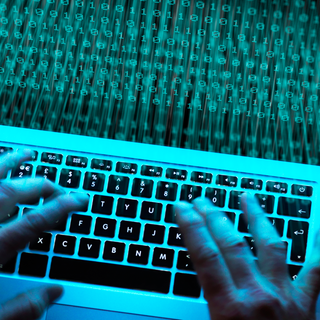
- China's pandemic-fuelled standoff with Australia | Ashley Townshend
Australia is the new frontline for China’s use of disinformation and economic coercion amidst COVID-19 and its attempted coercion of Australia is part of two concerning trends. It’s an acute case of Beijing’s “coronavirus information offensive” which aims to deflect criticism of the Chinese Communist Party’s handling of the pandemic, present China as a responsible global health player, and stoke uncertainty about key facts — in this case, Australia’s foreign policy independence. It is also part of Beijing’s longstanding campaign to pressure Canberra against adopting policies at odds with China’s interests and to drive a wedge through the United States-Australia alliance. Read the full article. - Warning issued to Australia over Chinese disinformation and cyber techniques
Director of Foreign Policy and Defence at the US Studies Centre Ashley Townshend told Sky News that Australia “needs to be very sensitive to the way China is using both cyber and disinformation techniques to advance its interests”. Watch the full interview.




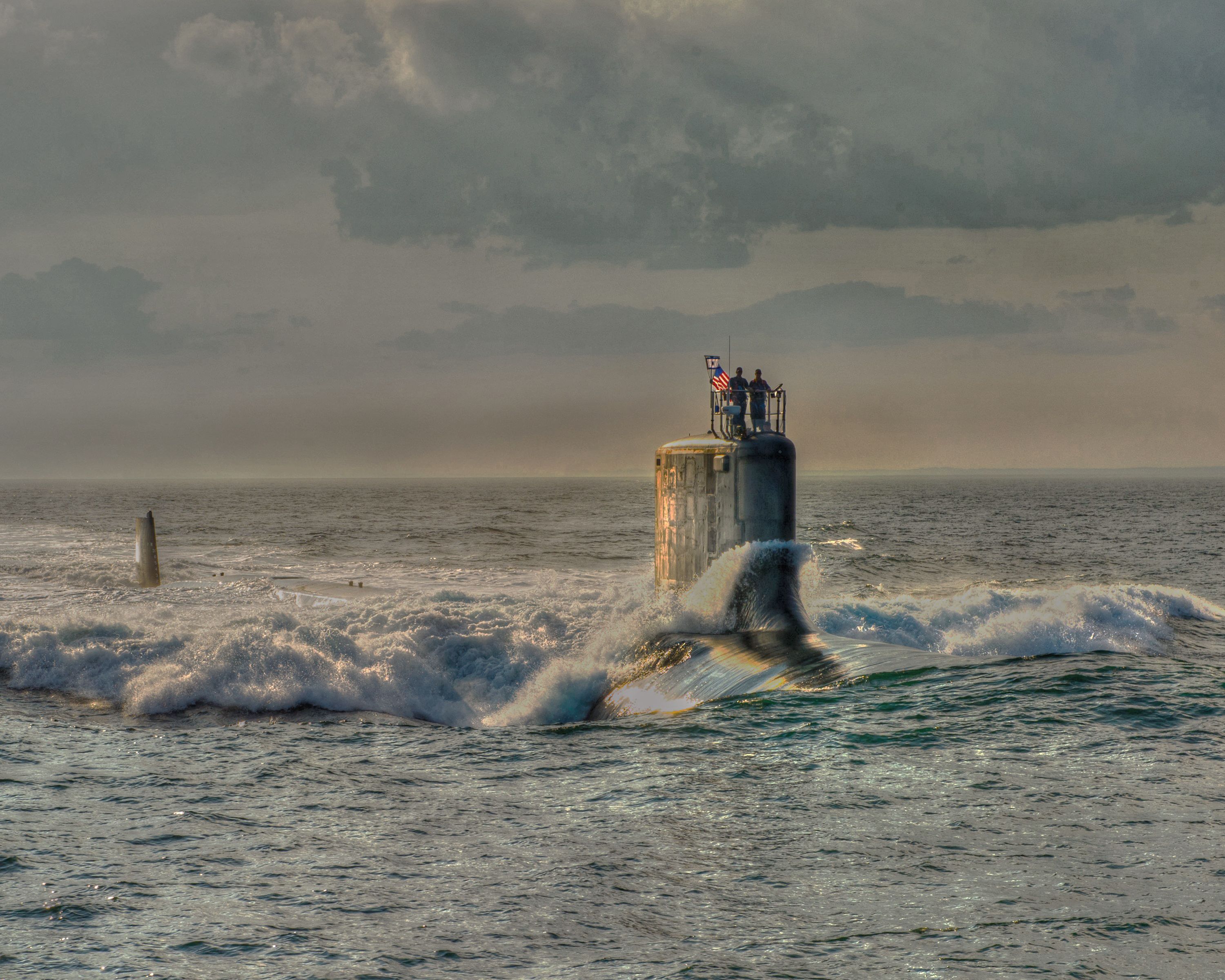.jpg?rect=0,80,3000,1989&fp-x=0.5&fp-y=0.44772296905517583&w=320&h=212&fit=crop&crop=focalpoint&auto=format)

